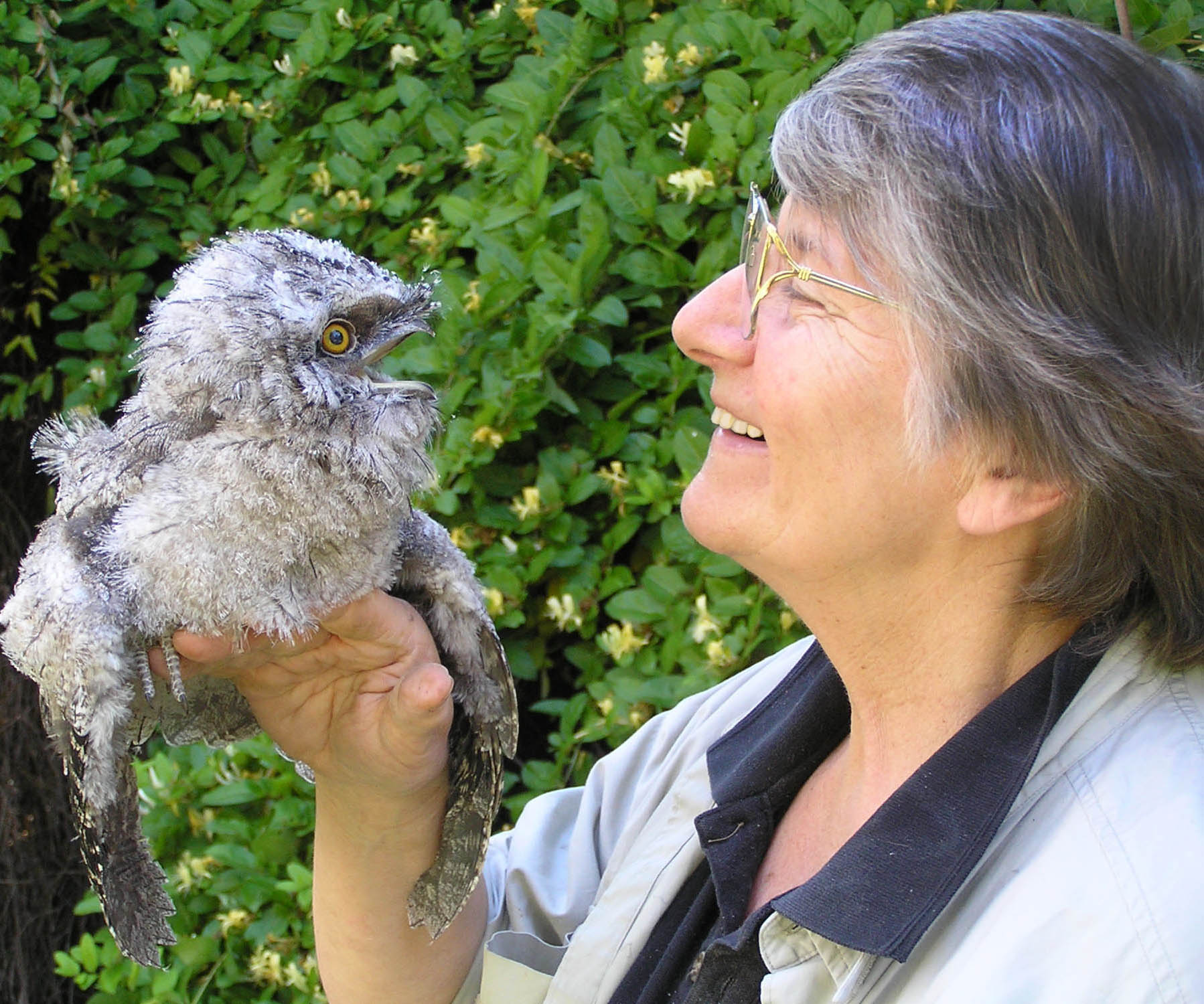
UNE Emeritus Professor Gisela Kaplan named Honorary Member of the Order of Australia
UNE Emeritus Professor Gisela Kaplan has been named an Honorary Member of the Order of Australia for her extensive work with native Australian birds.
Professor Kaplan’s career began as a psychologist studying the behaviours of Orangutangs in Borneo, but after changes were made by the government at the time, she shifted focus to work with native Australian birds.
Throughout her career, Professor Kaplan has worked with a number of different birds, most prominently magpies, and continues to research their behaviour.
Her fascination with birds though, began when raising a juvenile magpie.
“The research interest in birds really started with a most extraordinary little event. I had hand raised a magpie, and it was by now a juvenile, grown up enough to run around in the garden, which it did, but the moment I showed my face, or rather my shoes, it was there trying to undo shoelaces and play with me.”
“And one day. I heard something that sounded like a human voice. I thought, what on earth was that? So I went out and looked. There was nobody there, but then the little magpie came, looked up at me and said, I’ve got dinner for you. Literally, as clearly as that, I’ve got dinner for you. So I looked at the bird and I was absolutely astounded.”
“Nobody had told me before that they can mimic. Many people probably did know that, but I didn’t. And why it would have picked up an entire sentence wasn’t clear to me either. So, I just couldn’t resist that, I had to record all of that. And from this recording, it turned into an endless set of recordings and studies.”
From there, Professor Kaplan went on to do her PhD on vocal communication amongst birds, and has contributed numerous studies and books on the subject. Her background in psychology played a part as well, particularly in researching and understanding the play behaviours of magpies.
“There was another little juvenile, for instance, they played hide and seek. Now, from psychology, I knew that hide and seek playing in children doesn’t fully develop until the age of five. They start playing it a little beforehand, but to master it takes up to five years of age in a human child. So for magpies to do this as their standard repertoire I thought was absolutely amazing.”
“To find this play behaviour at a sophisticated level, which demanded quite a number of cognitive abilities, well beyond many other species, and even young children, you know. So, because you need to imagine that’s what’s going on. Something that had gone out of sight was still there, and just hiding, and somehow, conceptually, that’s difficult to grasp.”
“Once it’s gone, it’s gone. And to learn that it hasn’t gone, but it’s hiding, is a skill that demands some specific cognitive ability.”
Professor Kaplan’s passion doesn’t end with bird vocalisations either. A keen conservator as well, she is outspoken about the need for re-wilding – not just for the benefit of nature, but for the benefit of us as well. Re-wilding is an ecological concept focused on restoration, allowing nature to recover by reducing human impact on ecosystems.
“Urbanisation in itself does not need to affect bird behaviour all that much. But we do have studies that show that in general, in dense cities, populations of birds haven’t only gone down, but the number of species that can live with us, or human company, or in populated areas, is just between 10 and 20 percent of the species that are in that same region.”
“[Birds] need roosting space, and so do we. We don’t want to roost on trees, but we want the shade of trees. They don’t need to be very tall, so that they’re not dangerous to roofs, but they improve the oxygen level, they lower the temperature, they’re far more pleasant living. And that has to be done at the planning stage.”
“Unless we can turn a corner there and re-green our cities much more extensively, and do so at also at the design stage, we can create also living spaces for birds again. And that benefits us greatly, because they eat all the things we don’t want, like cockroaches and mosquitoes and other creepy crawlies and we can reestablish an urban healthy eco-friendly environment.”
As for being named an Honorary Member of the Order of Australia, Professor Kaplan is truly grateful.
“On behalf of Native Australian birds, I am very pleased, because if something becomes of national interest, enough to give awards for having written and talked about them wherever I go, whenever I’m not asleep, then that shows a change of attitude, doesn’t it? In fact, our wildlife is important, and that helps and encourages everybody who has such views to take note and to continue with whatever they are doing to help our native birds and native wildlife and native plants to survive into the future.”
Photo credit University of New England/Gisela Kaplan.


